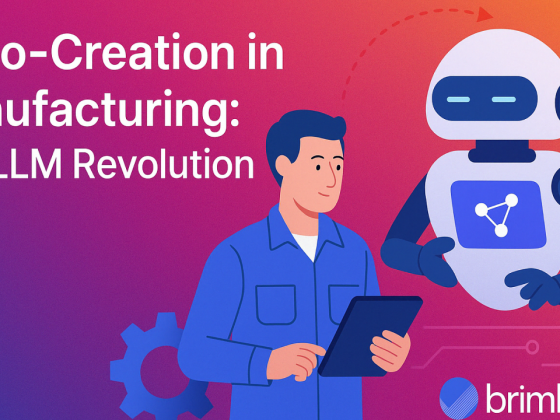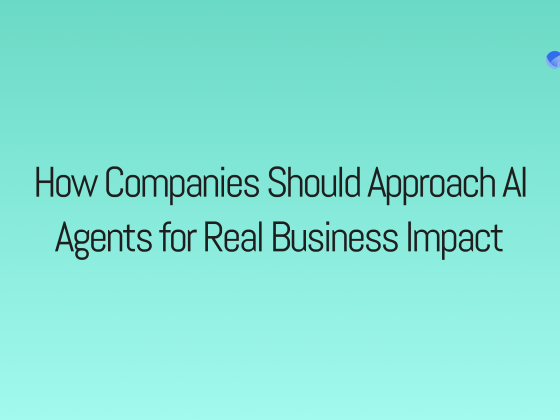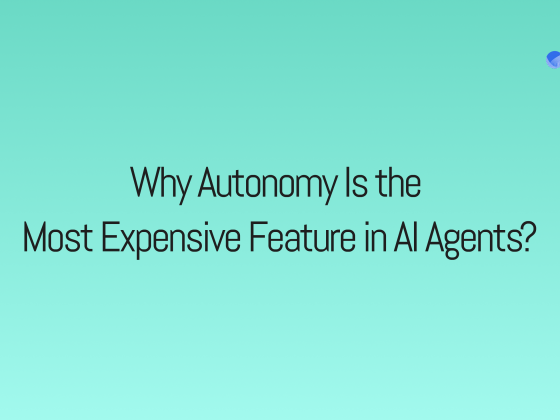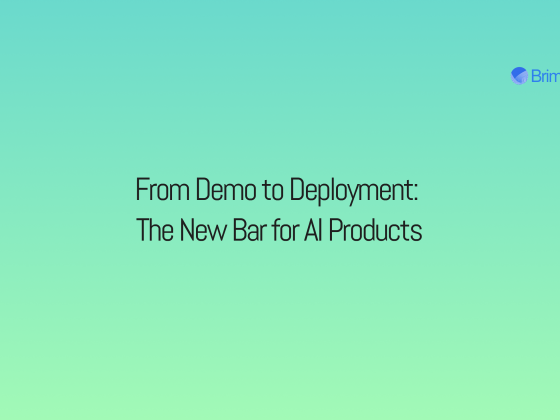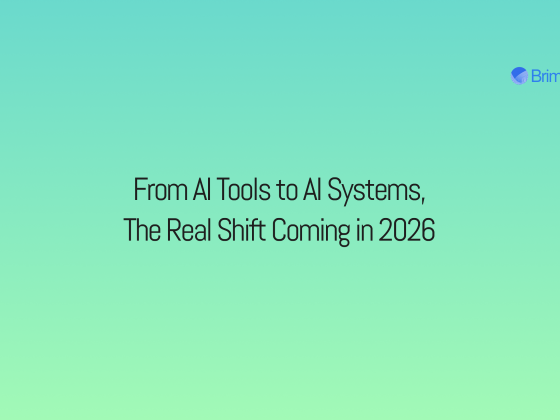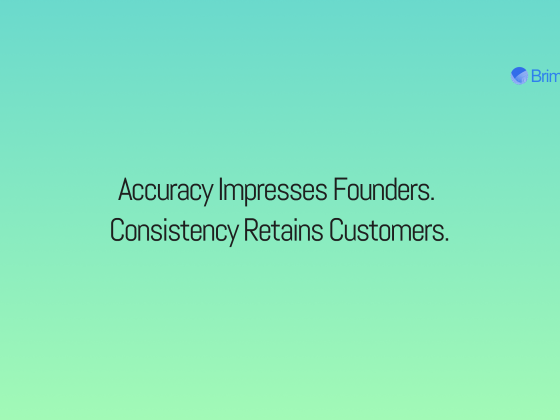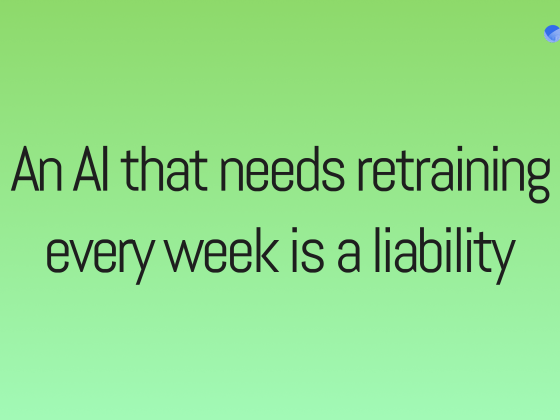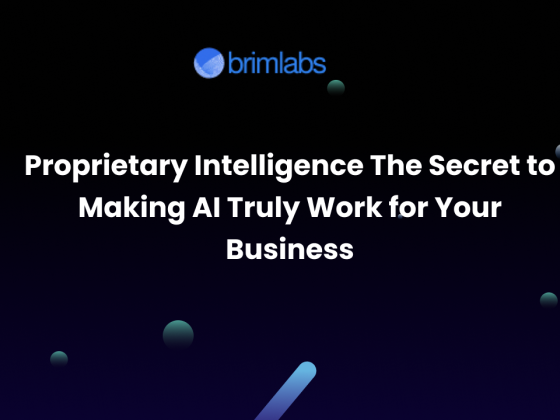The next industrial revolution is being quietly led by artificial intelligence, and at its core are LLMs. Once confined to chatbots and writing assistants, LLMs are now showing enormous potential in smart factories, redefining how we interact with machines, manage operations, design products, and maintain infrastructure.
Global manufacturers are using these models not just to automate but to augment human decision-making, opening the door to a new era of intelligent, autonomous, and adaptive manufacturing systems.
How LLMs Are Rewiring the Manufacturing Landscape
While AI in manufacturing is not new, LLMs bring a unique superpower, understanding unstructured language. This makes them ideal for:
- Extracting insights from manuals, logs, emails, and incident reports
- Bridging the gap between machines and humans using natural language
- Enabling faster design iterations and knowledge transfer
- Powering real-time automation with context-aware intelligence
Now let’s look at how LLMs are practically transforming machinery and factory operations across the globe.
Real-World Applications of LLMs in Modern Machinery
1. AI-Powered Control Rooms
LLMs can integrate with SCADA systems and sensors, allowing plant managers to query real-time status, get forecasts, or troubleshoot operations via chat or voice.
Example: Aramco’s AI Control Assistant
Saudi Aramco uses AI assistants in its refineries to monitor pressure, temperature, and chemical readings, then offers suggestions using natural language like “Suggest valve pressure to maintain flow rate under 35°C in Unit 12.”
2. Custom Manufacturing & On-Demand Fabrication
LLMs can turn human descriptions or sketches into machine-executable instructions for 3D printers, CNC machines, or robotic arms, enabling mass customization.
Example: Formlabs x AI Prototyping
Formlabs is working on integrating AI models to take custom product specs (e.g. “a lightweight ergonomic phone case for cyclists”) and generate ready-to-print 3D files using customer preferences and past orders.
3. Document Intelligence & Audit Automation
LLMs automate internal audits, regulatory filings, and QA documentation by understanding industry-specific jargon and compliance norms.
Example: Airbus Maintenance AI
Airbus deployed an internal AI system trained on aerospace standards and past audit data. It reviews maintenance records and flags inconsistencies or regulatory gaps with explanations and corrective suggestions.
4. Workforce Augmentation with Expert Systems
LLMs act as AI mentors, answering contextual questions from plant workers like “What’s the recalibration procedure for motor X if vibration exceeds 12 Hz?”
Example: Indian Railways & AI SOP Assistant
Indian Railways is piloting LLM-based assistants in loco sheds to answer maintenance staff queries in Hindi and English, reducing dependency on paper SOPs and minimizing errors during emergency repairs.
5. AI-Powered Bill of Materials (BoM) Optimization
LLMs can automatically suggest cheaper, eco-friendly, or locally sourced alternatives in BoMs during the product design process.
Example: Siemens NX Integration
With Siemens’ AI-enhanced CAD tool, engineers can describe functions like “a non-corrosive connector under $1” and receive sourcing recommendations that comply with project specs and global availability.
Emerging Benefits Across the Manufacturing Ecosystem
- Low-code factory orchestration: Describe workflows in natural language and auto-generate automation sequences.
- Faster time-to-market: Design → simulate → test → iterate in record time using AI copilots.
- Knowledge preservation: Retain decades of tribal knowledge in accessible AI systems as senior workforce retires.
- Energy optimization: Query real-time energy consumption trends and get suggestions to reduce machine idle times.
- Multilingual support: A single LLM can handle global operations, supporting commands and outputs in multiple languages.
Challenges in Adopting LLMs in Manufacturing
Despite their promise, LLMs face several hurdles in industrial environments:
1. Hallucinations and Accuracy Risks
LLMs may generate confident-sounding but factually wrong outputs. In mission-critical environments, this is a major safety concern unless paired with robust verification layers.
2. Data Privacy and Security
Manufacturing data is often proprietary and sensitive. Using cloud-based LLMs without strict controls can pose IP and compliance risks.
3. Integration Complexity
Factories use a mix of legacy systems, ERPs, sensors, and custom machinery. Seamlessly integrating LLMs into this ecosystem requires custom adapters and middleware.
4. Explainability in Decision-Making
Unlike rule-based systems, LLMs can behave opaquely. In regulated industries like pharma, aerospace, or defense, lack of explainability limits use.
5. Real-Time Constraints
Factories operate in milliseconds. LLMs, especially cloud-hosted ones, might not meet latency needs for certain control applications unless locally deployed or heavily optimized.
6. Cost of Customization
Training or fine-tuning domain-specific LLMs (e.g., for metallurgy or aerospace) requires time, expert input, and computational resources.
Looking Ahead: What the Future Holds
The future factory won’t just be automated, it’ll be conversational, adaptive, and intelligent. Imagine walking through a factory and asking:
“Which motor is most likely to fail next week?”
“Redesign this part to reduce vibration.”
“Generate a step-by-step setup guide for this batch order.”
LLMs are building that reality, turning technical complexity into manageable language tasks. They are unlocking Industry 5.0, where human creativity and AI systems co-pilot production in harmony.
How Brim Labs Can Help
At Brim Labs, we build custom AI solutions for manufacturers that want to stay ahead of the curve. Our team combines deep manufacturing domain knowledge with cutting-edge AI tools to deliver:
- Custom-trained LLMs for factory documentation and SOPs
- AI-powered knowledge assistants for technicians and engineers
- CAD integration and generative design copilots
- Predictive maintenance tools using sensor + language data fusion
- Conversational interfaces for machinery and robotics
We help you move from reactive to proactive, and from manual to intelligent.
Let’s build the smart factory together: https://brimlabs.ai


